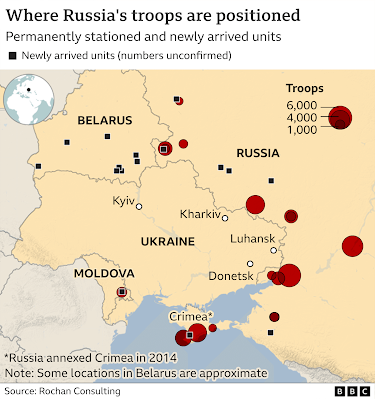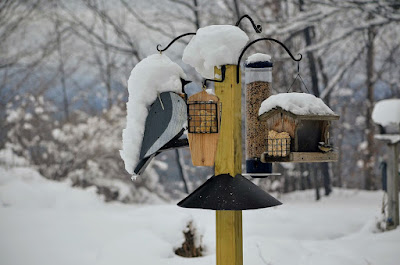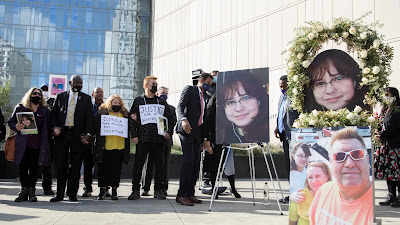by Jen Schneider
sets on. lights bright. everyone wild. wild about white. all bets on betty. betty always on. leg of hose & humor on tap. eyes of blue & berry sparkle. body & mind of pure spunk. cameras click. lights blind while white binds. folks of television lands. card hands & foreign tongues. tongues click. vocal cords clack. white cures airs of silence. heir to all. syllables stream. smiles crack. baby blues sparkle. betty curates & creates. aches of bellies & bent backs arc. laughter always on the menu. dial in. dial on. of/with/at your back. always streaming. of decades. of then. of now. flashes of brilliance. beltways of brightness. of dolls & decades. of danes, dances & daily documentation. of golden girls & mary tyler moore. everyone always eager for more. regimens & irregularities. broads on main. saturday night brilliance. live on stage (& social). expert at both crafting & creating a life. time to mourn. time to adorn. under the lights. lights bright. sets on. everyone wild. wild about white.
99 (by three) ways to make (live) (transform) a life
1. Entertain all people, possibilities, & permutations. Ration sarcasm.
2. Track consumption not weight. Weigh options. Seize opportunity.
3. Track actions, not time. Treasure time & tunes of many types (& transcripts / scripts).
4. Experience & experiment with life, love, laughter. Liquid humor, too.
5. Season all sauces. Secure all seasons (& reasons).
6. Breed offspring of original lines. Converse (& traverse) lines of unoriginal origin.
7. Maximize sauciness. Minimize saltiness.
8. Memorize scripts regularly. Make new memories daily.
9. Prime personalities & timing. Always of/on prime time.
10. Improvise finales. Rehearse final lines.
11. Glow (like a Golden Girl). Emulate (like a multi-Emmy winner).
12. Collect & create (a life on high definition). (re)Create. Juxtapose. Pose often.
13. Patron (not patronize) all personalities. Puree peculiarities & ponderings.
14. Befriend & pet creatures of many paws. Pause often. Inhale. Glow. Regale.
15. Pen recipes of craft & creation. Greet consumers of/on/in People & Parade.
16. Serenade serendipity. Harmonize habits. Habituate harmony.
17. Entertain all possibilities. Entertain all people. Populate screens. Screen popularity.
18. Track actions. Not time. Treasure time & tunes of many types.
19. Experience & experiment with life, love, & laughter. Favor foods of familiar roots.
20. Embrace final words & works. Take action & agency. Work finales.
21. Grace plates, tubes, & presents. Maintain presence of mind and manners.
22. Practice gratitude. Tether caution. For/of/in/at duties. Projects, too.
23. Be of homegrown grains & household grime.
24. Assess all situations. Situate all communications. Savor sitcoms.
25. Twinkle under stars, in eyes, of curtseys. make light of most makings.
26. Stroll across stages. Put pen to paper. Pamper pets in pens.
27. Add a dose of sass to all sensations (& creations)
28. Be curious. Be courageous. Be(t) on/of/for betty.
29. Mix & mingle. Sip sweet & salty. Stir trouble. Add dashes of umph.
30. Blanket newsstands. Blanket screens. Fill in (all) blanks.
31. Run series. Run bits. Run betty.
32. Plan jokes of spontaneous & unpredictable possibility. Do not plan. Be.
33. Be (dedicated to thee) betty.
Sources:
https://people.com/tv/betty-white-died-peacefully-in-her-sleep-at-home-agent-says/
https://www.nytimes.com/2021/12/31/arts/television/betty-white-dead.html
https://www.cnn.com/2021/12/16/entertainment/betty-white-100/index.html
https://www.washingtonpost.com/lifestyle/2021/12/31/betty-white-appreciation-tribute/
Jen Schneider is an educator who lives, writes, and works in small spaces throughout Pennsylvania. She is a Best of the Net nominee, with stories, poems, and essays published in a wide variety of literary and scholarly journals. She is the author of A Collection of Recollections (Next Chapter), Invisible Ink (Toho Pub), On Daily Puzzles: (Un)locking Invisibility (forthcoming, Moonstone Press), and Blindfolds, Bruises, and Breakups (forthcoming Atmosphere Press).


























